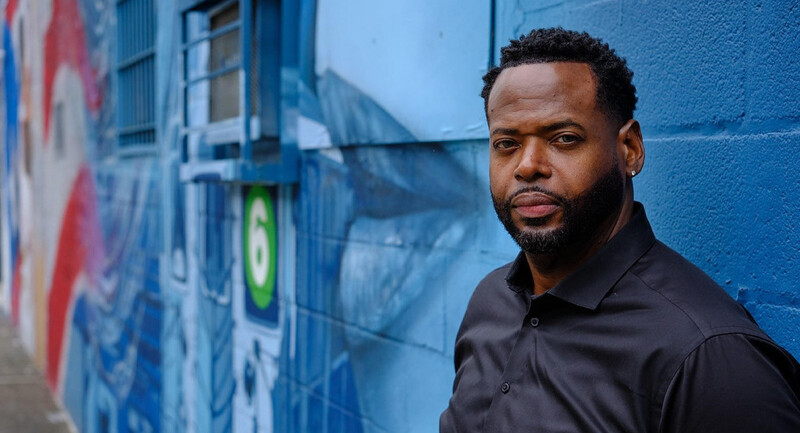By learning from our failures, we set ourselves up to do better next time.
As much as we enjoy the satisfaction and praise that come with success, we learn more from our failures. While we shouldn’t seek to fail and certainly rarely enjoy it, we need to be more willing to leave our comfort zones and view those inevitable failures as opportunities to learn.
Taking risks and seeking new solutions to lingering problems in our schools can help keep us current in the evolving educational landscape. But these risks also make us more vulnerable. An important part of the principalship is learning from the inevitable flops and failures that are part of the job. Every decision should be viewed as a learning opportunity. We must ask ourselves, regardless of how a decision turns out, what can we learn from it?
“GOOD FAILURES!”
As a school leader and leadership instructor, I made big and small mistakes (lots of them). Sometimes, the best lessons came from those seemingly harmless mistakes.
For example, at the start of each school year, I would surprise my school staff with a T-shirt that captured the school’s theme for the year. The wording and art spoke to multiple intelligences, for example, or diversity or grit. The T-shirts were unveiled as part of a fun ceremony of song and poetry, and their appearance always made staff smile and clap—well, almost always.
One year, I purchased yellow T-shirts with red lettering that said “New City School—We believe in GRIT” on the front. And on the back, in big letters, it said “GOOD FAILURES!”
How’s that for powerful?
In my mind, the shirt was a great story-starter. People in the community would see an educator wearing it at the grocery store or a sporting event, and ask, “How can a failure be good?”
I anticipated that we—every staff member—could use it as an opportunity to talk about the importance of grit, the role of failure in learning, and the merit of leaving our comfort zones and trying something new.
Sounds great, right? Wrong.
Within a few days, some staff members told me they were uncomfortable associating failure, in any form or any way, with our school. They worried that our message promoted low standards and reflected a lack of concern for students.
“People don’t send their child to school to fail,” one teacher said.
I welcomed these discussions because I could better explain my rationale, but I didn’t recognize the degree of unease held by quite a few folks in the building. In retrospect, I should have shared my thinking with everyone in a meeting or in my weekly bulletin before I ordered the shirts.
The entire staff wore the controversial shirt at least once, but I have to admit that I often saw teachers, aides, and custodians wearing school T-shirts from previous years instead.
Lesson Learned
Today, I still think the shirt is cool and I wear it occasionally. The merit in taking risks, learning from mistakes, and formally teaching grit has become more accepted, even commonplace among educators and the general population. But I don’t think anyone in public has ever asked me what was meant by the “good failures” on my shirt. (Actually, no one has asked me because if they did, I would remember it.)
In retrospect, I fell in love with my idea too quickly and didn’t make a point of getting feedback from staff before I charged ahead. I assumed that everyone would see things the way I did, a foolish assumption for a leader to make. Had I taken the time to ask and listen, we could have created a slogan together that delivered our message without confusion or skepticism.
As a good rule of thumb, inviting others to the table, asking, and listening benefits everyone, including leaders.
What did I learn from this experience so that my failure became a good failure? I learned the value of testing the waters with others—because even a shirt isn’t just a shirt. What was on our staff T-shirt helped others identify us—and not everyone wanted to be deemed a good failure.
I also learned that the recognition of a mistake is not enough—good leaders go a step further: They take accountability, they communicate that a mistake occurred, and they make a plan to do better next time.
Running a school is an incredibly difficult job. There is too much to do and not enough time to do it. It’s tempting to forge ahead and make decisions to simply get stuff done. But as a good rule of thumb, inviting others to the table, asking, and listening benefits everyone, including leaders.
Fortunately, in my case, only the school’s T-shirt flopped. After that, we had a really good year; teachers and students learned a lot.
By the way, do you have any suggestions for a post-Covid staff T-shirt?





